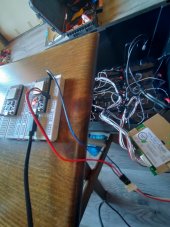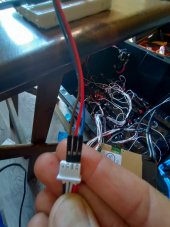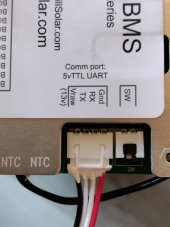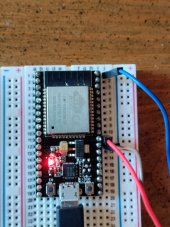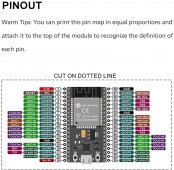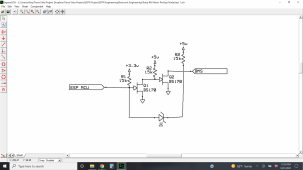Have not set up yet. Mostly focused on local database for local battery health history functionality.
Seen some multiple libraries/projects around here that facilitate UART communication with JBD BMS. Awesome stuff.
Agree with you about Raspberry Pi being overkill if it's just communication with BMS needed. Both too much power usage and more prone to failure than microcontroller in my humble estimation.
Adafruit and sparkfun have some breakout boards that allow LTE data to microcontroller relatively easily. That could remove WiFi as a failure point potentially.
Just randomly sharing, I like your decision to consider MQTT. Have been considering influxdb and grafana to handle LAN based monitoring. But that's not quite remote like topic here.
Good luck and this topic is super cool!
I will be using SAMD21 microcontroller probably, this one has worked well for me so far:
https://www.adafruit.com/product/4600
VERY exciting times to be able to whip up a quick firmware, program it onto a microcontroller, and have something that's basically as good as a lot of shipping solutions!



